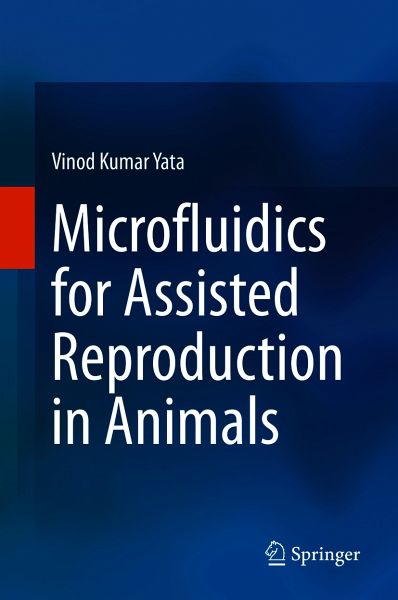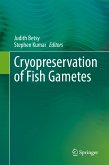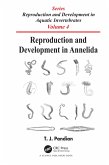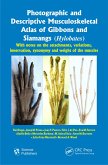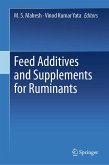This book describes the fundamentals of microfluidics and fabrication methods of microfluidic devices that can be adopted for animal-assisted reproduction. It presents microfluidic methods for sorting highly fertile spermatozoa. This book also describes the application of microfluidics in vitro fertilization and embryo culture. It discusses the use of microfluidics in sperm sexing and the cryopreservation of animal gametes and embryos. Lastly, the book examines the potential opportunities of microfluidics in infertility diagnosis, sperm selection and guidance, oocyte selection, insemination, and embryo monitoring.
Dieser Download kann aus rechtlichen Gründen nur mit Rechnungsadresse in A, B, BG, CY, CZ, D, DK, EW, E, FIN, F, GR, HR, H, IRL, I, LT, L, LR, M, NL, PL, P, R, S, SLO, SK ausgeliefert werden.

